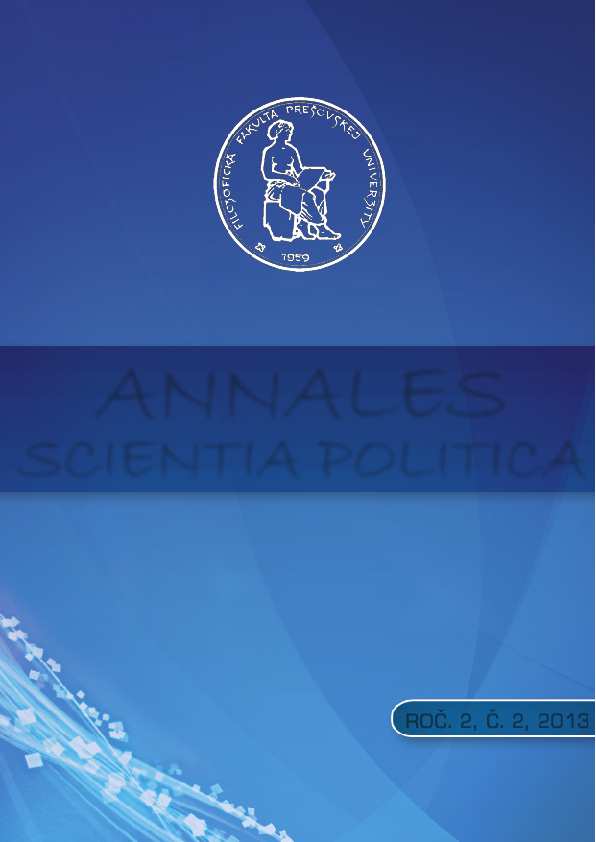Filozofia a kultúra Strednej Európy
The philosophy and culture of Central Europe
Reflections of V. Bělohradsky or „We did not break the law“
Author(s): Gita GeremešováSubject(s): Political Philosophy, Social Philosophy
Published by: Prešovská univerzita v Prešove, Filozofická fakulta, Inštitút politológie
Keywords: The Habsburg Empire;Middle Europe;Rationality;Order;Legality;Law;
Summary/Abstract: The study analyzes the philosophical and cultural atmosphere of Middle Europe as observed by the Czech philosopher Vaclav Belohradsky. Writers and philosophers such as Robert Musil, Joseph Roth, Franz Kafka, Stephan Zweig, Ludwig Wittgenstein and others identified their personal and literary (literary-philosophical) lives with the historically unique and unrepeatable concept of Middle Europe. The Habsburg Empire of the 19th century embodied the epicenter of such uniqueness. The above-named philosophizing authors recognized the future European crisis in the agony of the multi-national empire, and the collapse of the Habsburg Empire in their works reflects the crisis of the occidental rationality. The hypertrophy of science, scientific rationality and its significance to the detriment of human life and emotions signifies that the rational, the order, legality and law take precedence over the spiritual. The culmination of this hypertrophy is reflected in the loss of personal responsibility for one’s actions – Robert Musil’s “The Man Without Qualities“ is born; in the present it is a person who “did not break the law“.
Journal: Annales Scientia Politica
- Issue Year: 2/2013
- Issue No: 2
- Page Range: 22-26
- Page Count: 5
- Language: Slovak

